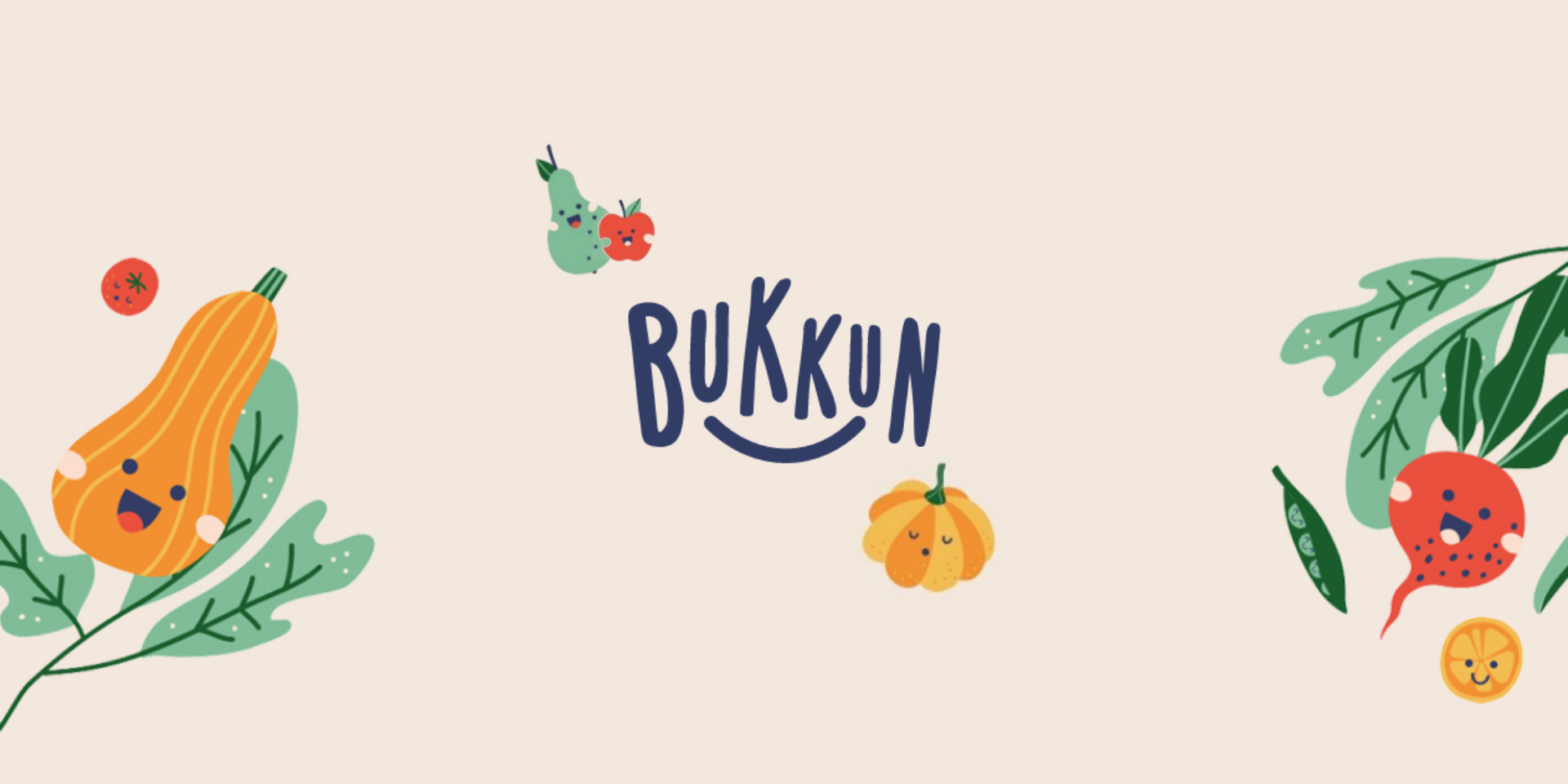by early years educator, Kelly Cairns.
Reading to children. Many see it as a quick activity to settle them down before bed. However, it is so much more. Introducing children to books at a young age is so important. Not only will it encourage the reader in your child but there are many wonderful academic, social and emotional benefits.
According to a study conducted in Australia by the Victorian Department of Education, ‘reading to your child at a young age has a direct causal effect on their schooling outcomes regardless of their family background and home environment’. Have a look at the key findings in their research:
- Reading to children at age 4-5 every day has a significant positive effect on their reading skills and cognitive skills (i.e., language and literacy, numeracy and cognition) later in life.
- Reading to children 3-5 days per week (compared to 2 or less) has the same effect on the child’s reading skills at age 4-5 as being six months older.
- Reading to them 6-7 days per week has the same effect as being almost 12 months older. These differences in reading and cognitive skills are not related to the child’s family background or home environment but are the direct result of how frequently they have been read to prior to starting school.
Nurture the reader in your child from home

Now that we know the direct positive outcomes reading to your child has, let’s look at how practicing at home nurtures the reader in your child:
- Developing vocabulary. Whilst being read to, your child is being introduced to new vocabulary and learning how the structure of language works. Being read to provides them with the opportunity to hear new words and make meaning of these in context.
- Connections between spoken and written word. Along with being introduced to new language, being read to provides children with the opportunity to observe how spoken words and printed words are connected. As they begin to learn the letters and sounds of the alphabet and see these in particular words, they will begin their own reading journey whilst being supported by you.
- Increased attention span. Research shows that when being read to, a child learns the importance of taking time to process the narrative. As they begin to think about the complex layers of the story and how they fit together, they are increasing their capacity to build a longer attention span.
- Comprehension skills. Being able to read is a vital skill, however being able to understand what you have read is even more important! As you read to your child, ask them questions to encourage them to actively follow the story. This will engage them, prompt them to think about the purpose of the book and introduce them to the skill of reading for meaning.
- Developing imagination. ‘A book is a device to ignite the imagination.’ It is in a book, a child can go anywhere, do anything and experience magic coming to life. Every child needs a bit of creativity and a lot of magic!
- Promotes bonding. When reading to your child you are spending uninterrupted, quality time with them and in this busy world, it is more important than ever that we continue to build and strengthen our relationships. Reading to your child is a wonderful opportunity to be still with them.
So, the next time you are spending this precious time with your child, remember, not only is it a wonderful bonding experience, it is also teaching them a lifelong love of reading.
Kelly Cairns is an Australian Educator with Maltese heritage. Having taught in a number of year levels and with experience in leading curriculum development and literacy intervention, Kelly’s passion lies in the early years of schooling and empowering parents to become an integral part of their child’s education. At home, Kelly is the mother of two young boys. She can be found on Instagram: @little_learners_for_life sharing ideas for parents on how they can implement simple experiences at home to encourage learning for their little ones.



